
Baseball, often dubbed "America's pastime," has seen its fair share of evolution. From the strategies employed on the field to the equipment players use, change has been constant. Yet, one element has remained somewhat consistent in its allure and significance: the wood baseball bat. This article will journey through its rich history, its dominant use in Major League Baseball, and why wood, as a material, reigns supreme in the batting cages.
From the early days of baseball, the bat has been a pivotal tool. Over the years, while other sports transitioned to modern materials, baseball, especially at its highest levels, held onto tradition. Wood baseball bats, with their characteristic sound of ball meeting bat, remain the heart of this great game.
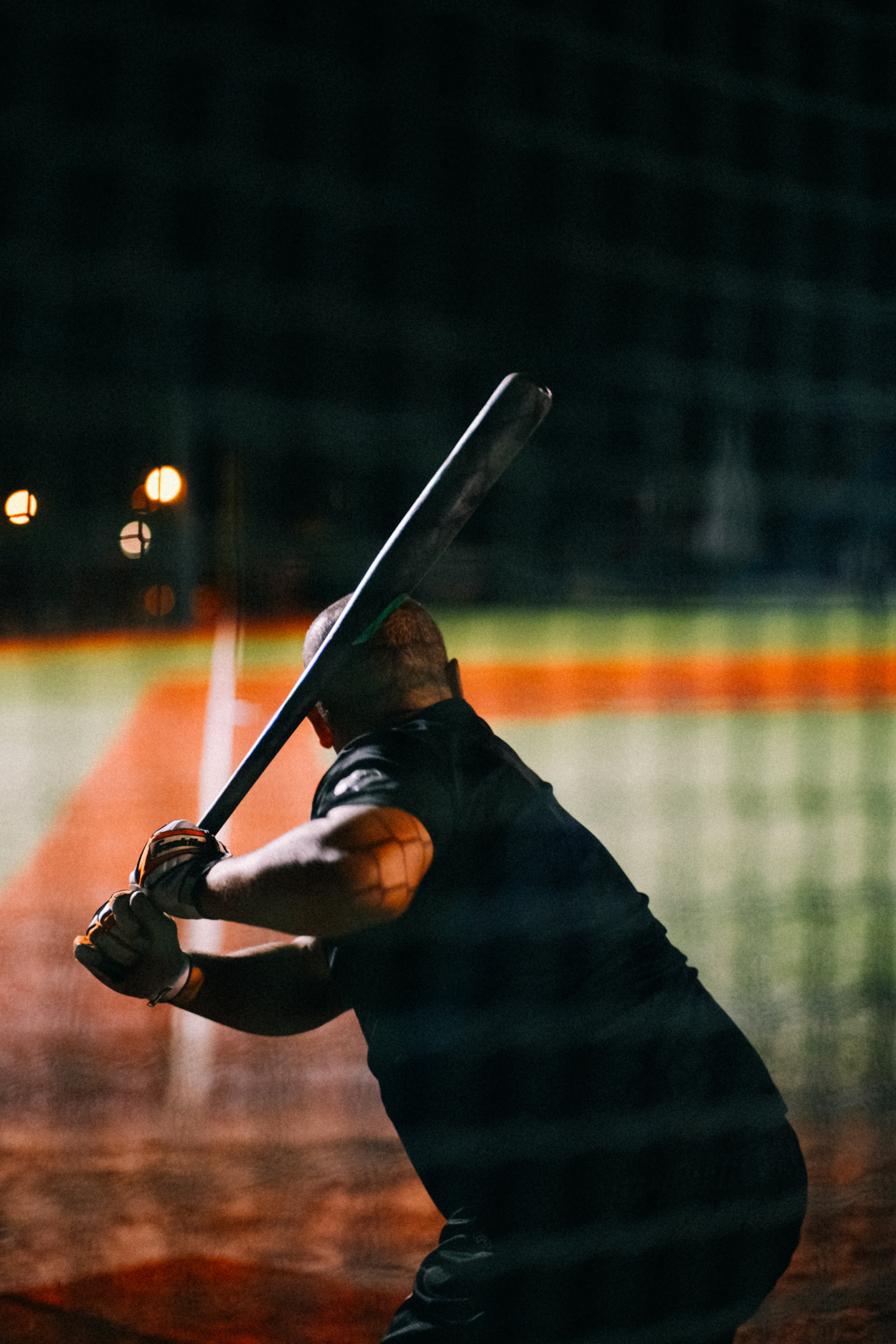
At first glance, the question "What is a bat wood?" might seem rudimentary. However, delve deeper, and it becomes a discussion about the type of wood that best complements the game. Unlike bats made of aluminum or other composite materials, wood bats promise authenticity. They offer an unparalleled feel, ensuring ballplayers get the most genuine experience.
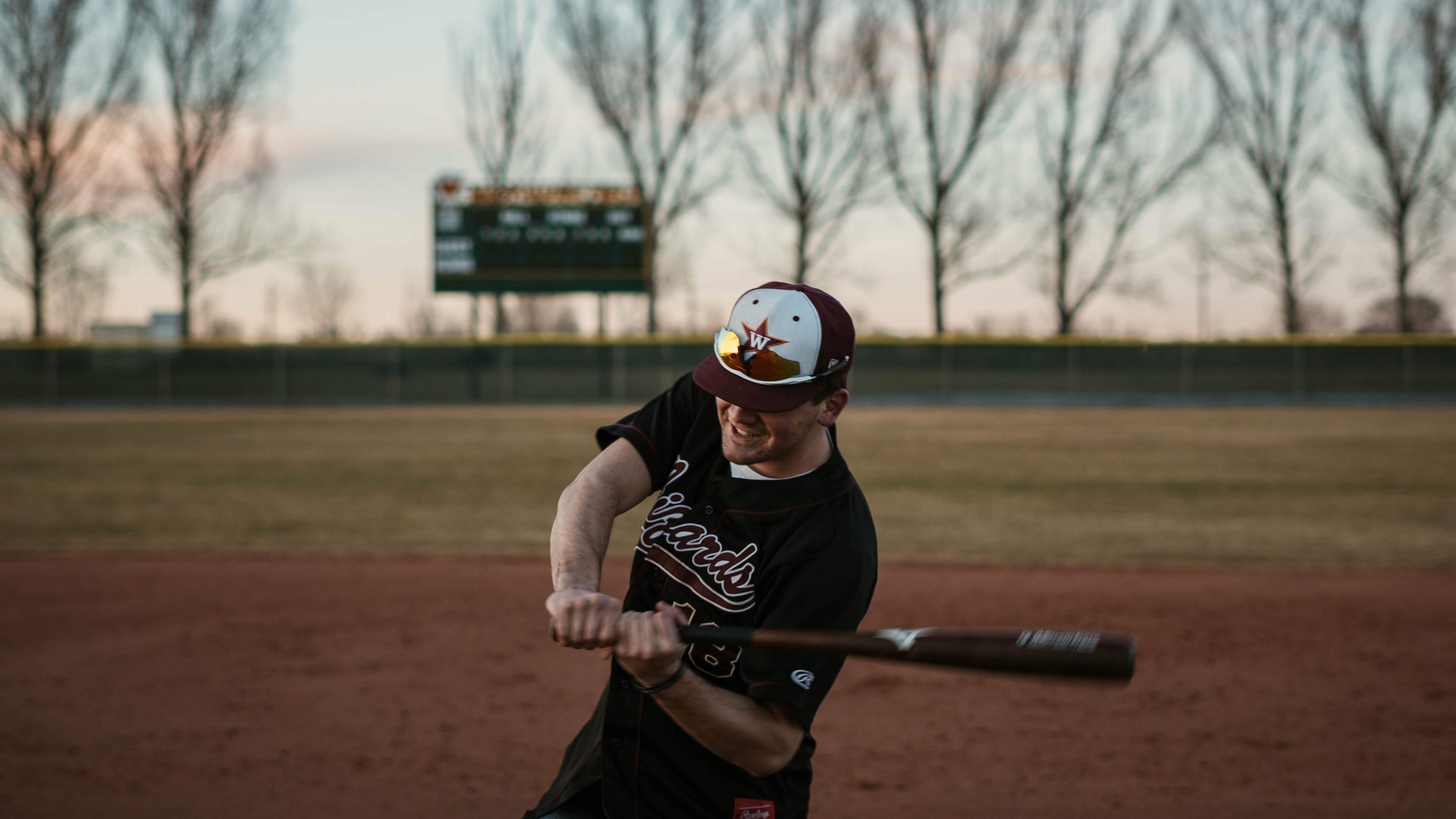
When it comes to wood bats, not all woods are equal. The most popular types include:
Maple Bats: Dense and durable, maple has become increasingly popular among pros. Its tight grain structure means fewer flaking and splintering.
Ash: Ash offers a unique flexibility, making it a favorite for those looking for a whip-like swing.
Birch Bats: A middle ground between maple and ash, birch bats are relatively new to the scene but have gained popularity due to their combination of hardness and flexibility.
Bamboo: Technically a grass, they layered to create a resilient surface, great for batting practice.
Composite bats, made from a combination of materials including wood, have also made an entrance into the baseball scene. However, purists often argue that they can't quite replicate the feel of an all-wood bat.

The Major League Baseball (MLB) is a testament to tradition. The question often arises, "Do they use wooden bats in MLB?" The answer is a resounding yes. Wooden baseball bats level the playing field, ensuring games are more about skill than equipment advantages. But why do pro MLB players use wooden bats? The reasons are multifold:
Performance: Composite materials can create a trampoline effect, propelling the ball further. Wood, being natural, offers no such advantage, ensuring skill remains paramount.
Safety: Wood bats, particularly those made of maple, are less likely to splinter dangerously, ensuring the safety of both players and spectators.
Tradition: Simply put, baseball and wood have an age-old relationship, creating a sense of nostalgia and connection to the game's history.

Picking the perfect wooden baseball bat is as much about feel as it is about specifications. Here's a concise guide:
Understanding Drop: The "drop" of a bat refers to the difference between its length (in inches) and its weight (in ounces). While there's often a debate on whether wood bats have to be drop 3, the answer largely depends on league regulations and personal preference.
Check for Damage: It's crucial to know if a wood bat is broken or nearing its end. Look for cracks, dents, or any sound discrepancies when the ball makes contact.
Consider the Model: Brands like the Louisville Slugger have various models tailored to different batting styles. Explore and choose one that complements your game.
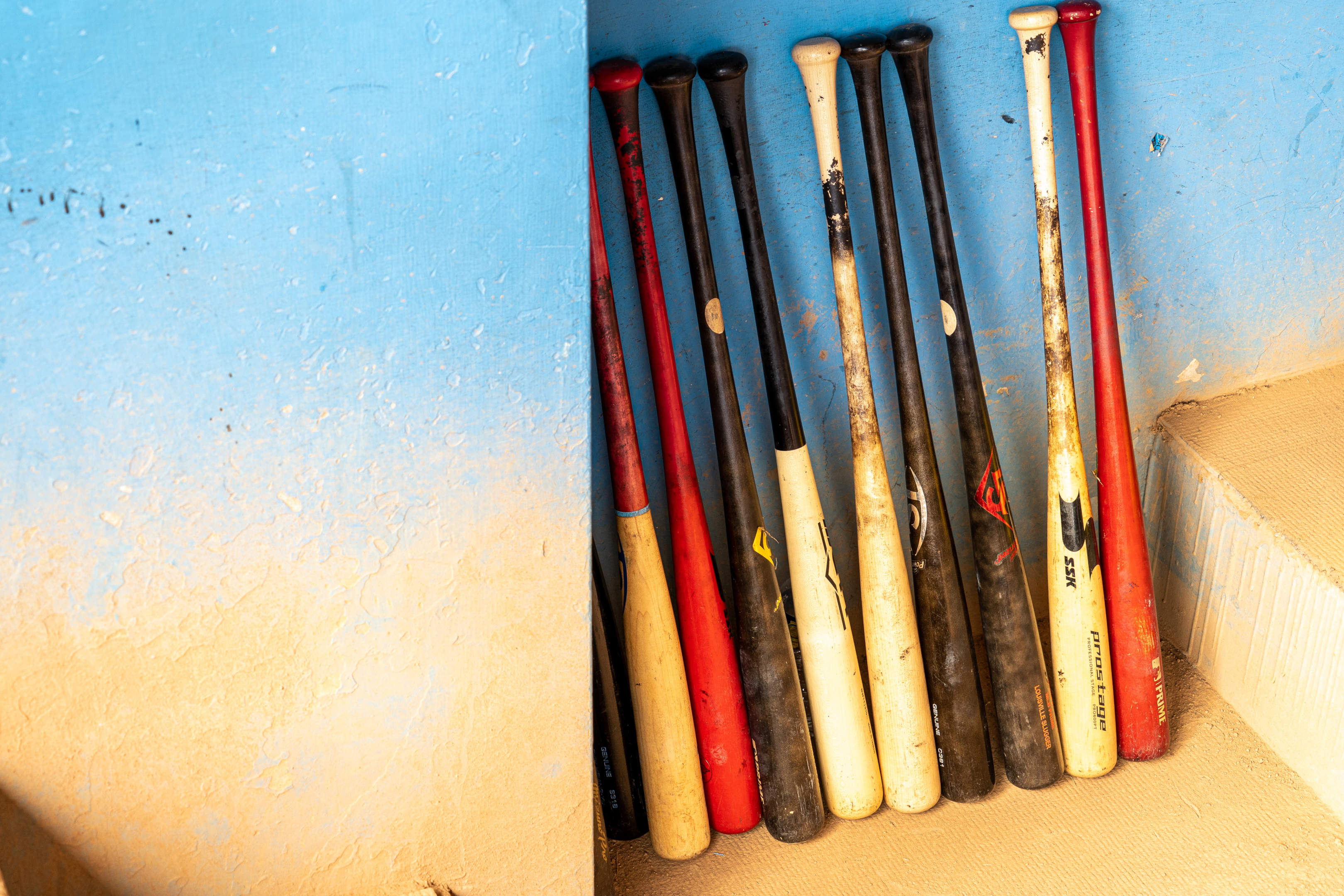
Every MLB player has a preference, often leading to iconic associations between players and their bats. Ken Griffey Jr., for instance, swung a model C271 Louisville Slugger, while Barry Bonds was known to use maple bats. Mike Trout, another modern legend, has been seen using Old Hickory MT27, a custom-made maple bat. It's fascinating how each player's choice reflects their style, stance, and strategy.

With wood bats being such a crucial part of baseball, several myths and questions have arisen over time:
Batting Cage Use: "Can you use a wood bat in a batting cage?" Yes, but it's advised to use denser woods like maple or bamboo to prevent breakage.
Legality: "What is an illegal bat in baseball?" Any bat that doesn't adhere to league specifications, including length, weight, or material composition, can be deemed illegal.
Heaviest Bat in MLB: "What MLB player used the heaviest bat?" Babe Ruth, one of baseball's greatest, reportedly swung a hefty 40+ ounce bat.
Selecting the Right Bat: "How do you pick a wooden baseball bat?" Beyond the technical specifications, it's about the feel, balance, and how it complements your swing.
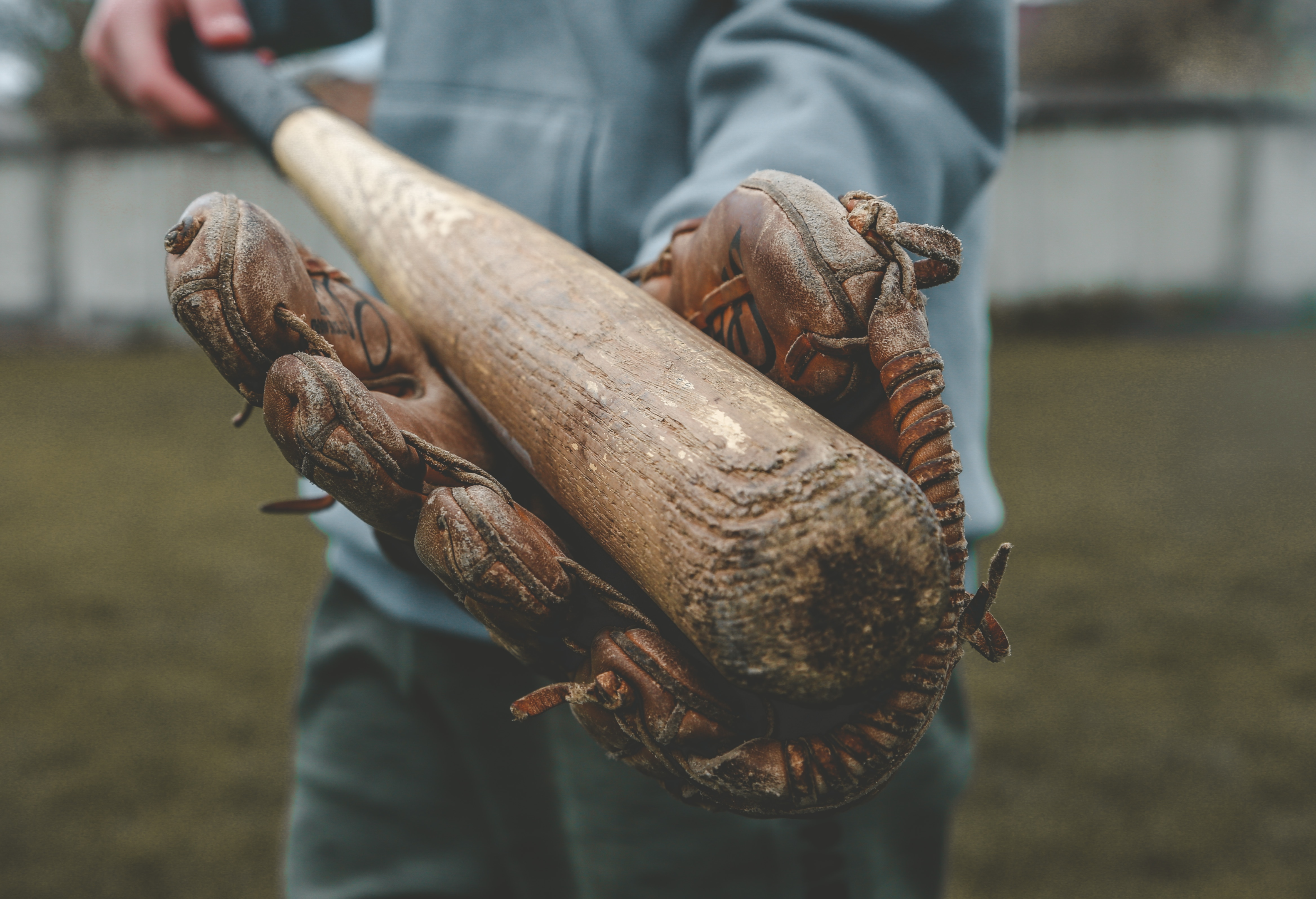
Today, the market for wood baseball bats is more diverse than ever. From custom designs and personal engravings to advanced wood treatments that improve durability, choices are aplenty. For those looking to browse the best youth wood baseball bats, thereare myriad options catering to every skill level and preference.
Over time, bat manufacturers have honed their craft, transitioning from traditional ash bats to exploring other woods like maple, birch, and even bamboo. Each wood type brings its unique characteristics to the plate. Maple bats, for instance, are known for their hardness and durability, while birch bats offer a combination of flexibility and strength. Bamboo bats, on the other hand, are crafted using a combination of composite materials, making them both lightweight and resilient.
Louisville Slugger, a name synonymous with baseball, continues to produce top-tier wood bats, merging tradition with innovation. However, they are not alone in the market. Several other brands have made significant inroads, thanks to their commitment to quality and the continuous pursuit of excellence.
"Can you use a wood bat in a batting cage?" Yes, you can! Wood bats can be used in batting cages, but it's crucial to ensure you're using the correct type of baseballs and not ones that might harm the bat. Regularly taking your wood bat to batting practice helps in understanding its dynamics and enhancing your performance.
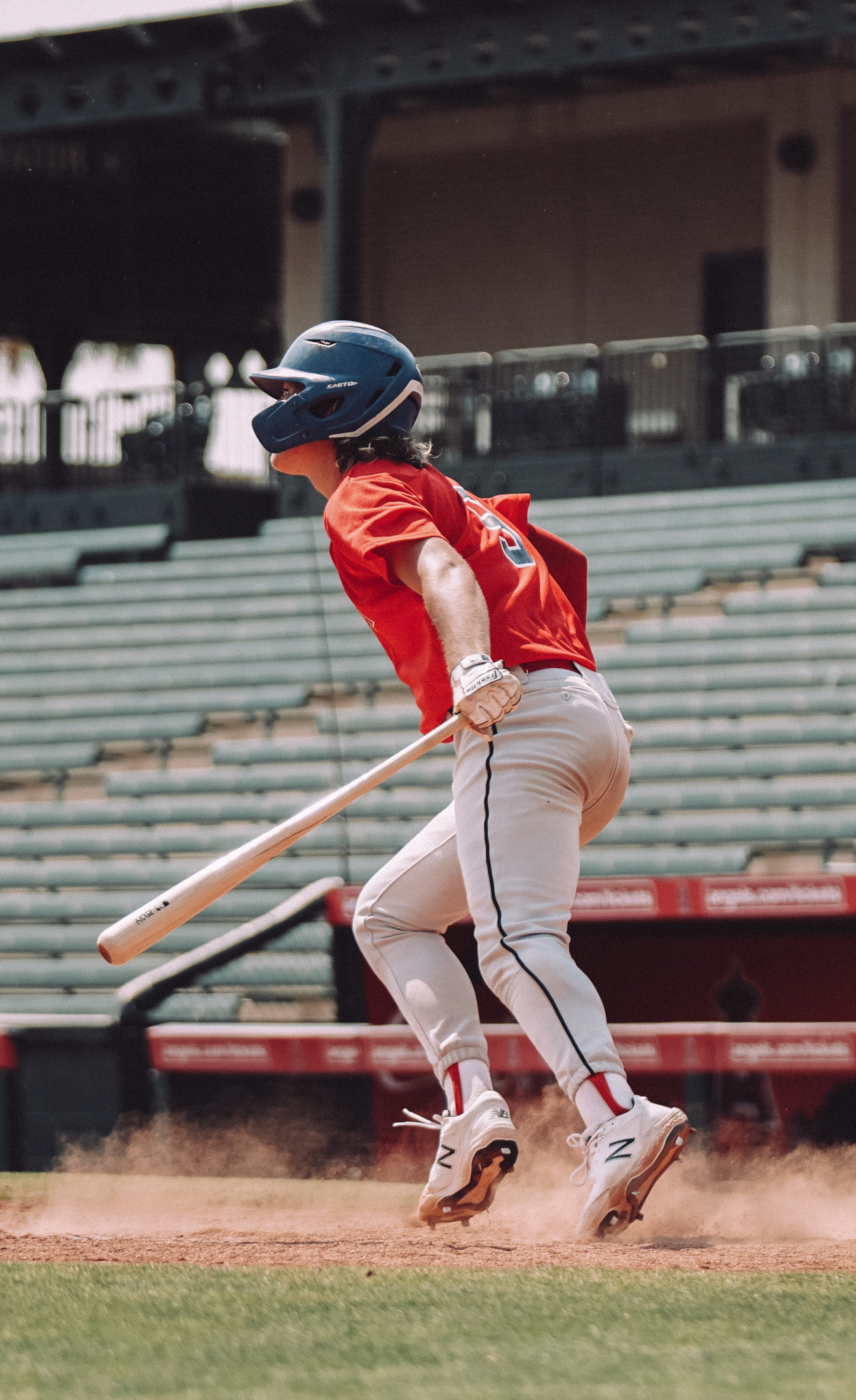
In the vast expanse of baseball's history, the wooden bat stands as an enduring icon. From Babe Ruth's hefty swing to Mike Trout's precision, it's a testament to the sport's unchanging core amidst evolving techniques and technologies. As we reflect on the significance of wood bats, from the amateur leagues to MLB, it's evident that their legacy is far from over. Whether you're a player or an enthusiast, the journey of selecting, using, and cherishing a wooden bat is a rite of passage — a bridge to baseball's illustrious past and its promising future.
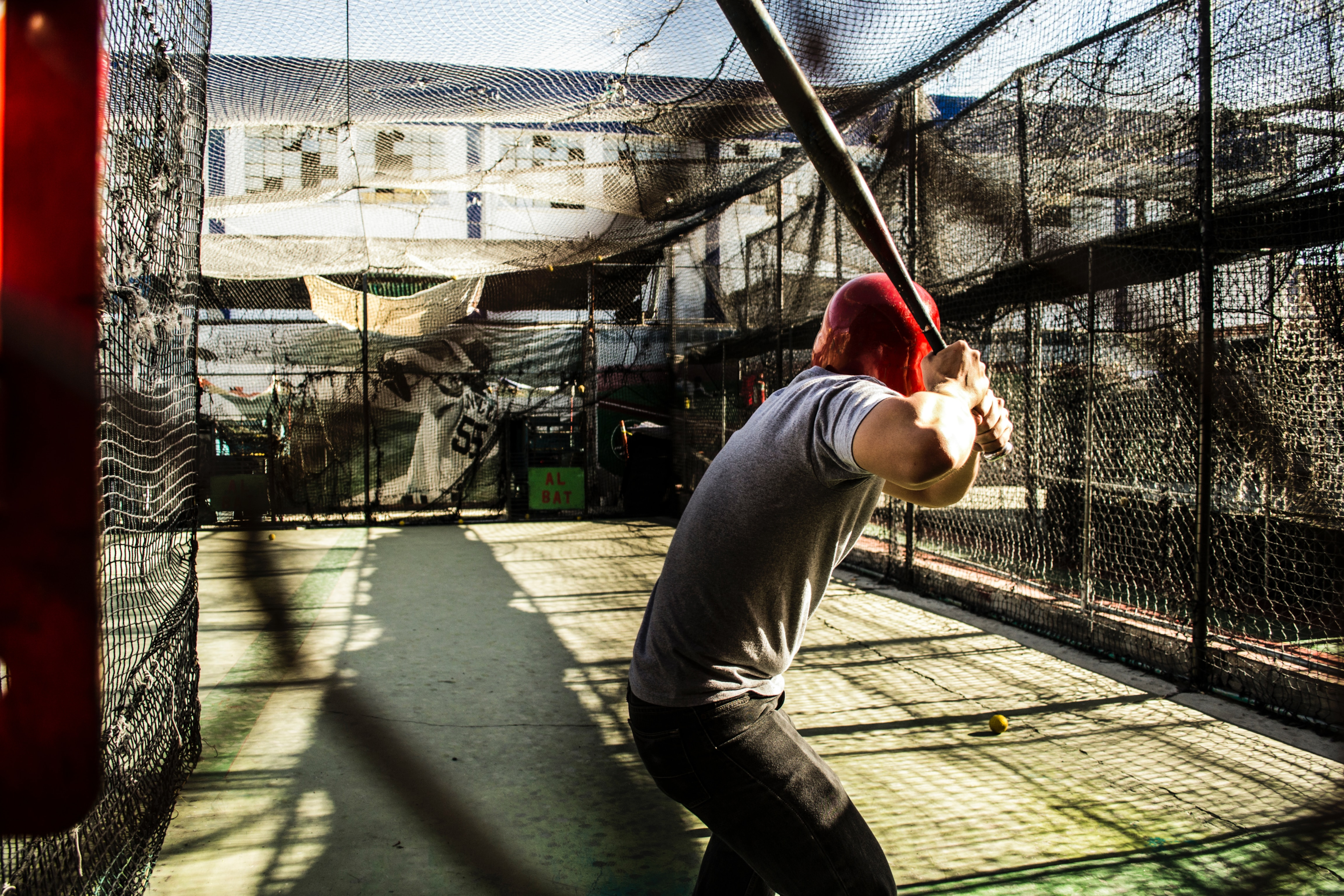
Chris Sloan is a former baseball league commissioner and travel baseball coach who has made significant contributions to the sport. In 2018, he founded selectbaseballteams.com, a website that helps parents find youth and travel baseball teams in their local areas. Since its launch, the website has experienced impressive growth, offering a wealth of resources including teams, news, tournaments, and organizations. Chris's unwavering passion for baseball and his innovative approach to connecting parents with quality baseball programs have earned him a respected reputation in the baseball community, solidifying his legacy as a leading figure in the world of youth and travel baseball.
There are 0 comments on "Understanding the World of Wood Baseball Bats"
CameronPugh says:
"Such a unique perspective on the game..."
On Such a unique perspective on
chandler allen says:
"Hi my name is chandler, i’ve enjoyed..."
On Wanting to tryout for summer ball. as an 18 year old
david graham says:
"With no current MLB team in Canada,..."
On With no current MLB team in